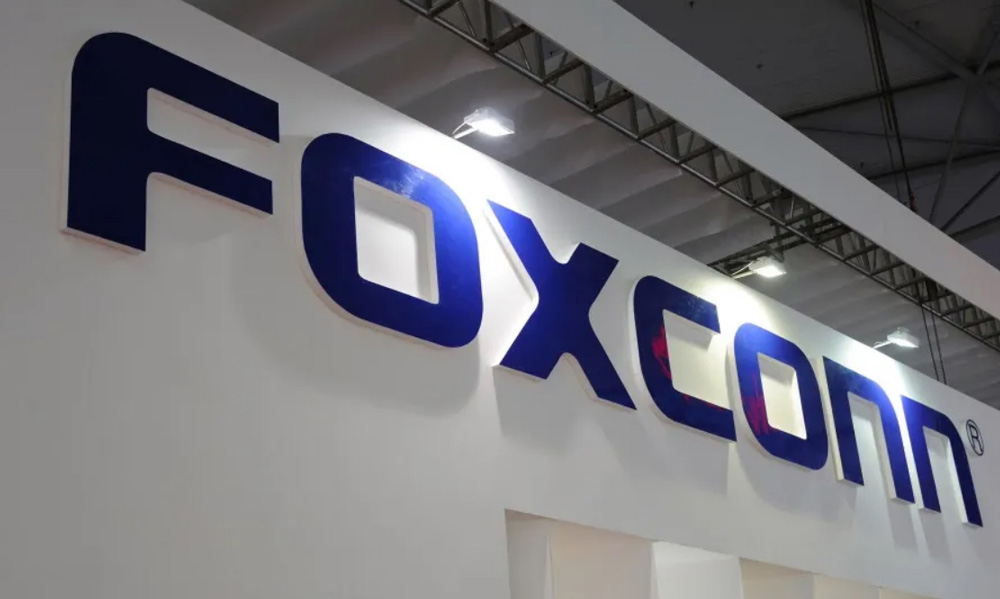Foxconn, the world’s largest contract electronics maker and a key manufacturer of Apple’s iPhones, reported a remarkable 27% year-over-year increase in its second-quarter operating profit. This growth was primarily driven by soaring demand for artificial intelligence (AI) server products, positioning the company as a significant player in the expanding AI industry.
Key Financial Highlights
Foxconn’s second-quarter results exceeded analyst expectations, showcasing its strong performance across various metrics:
- Revenue: NT$1.79 trillion ($59.73 billion), aligning with LSEG SmartEstimates.
- Operating Profit: NT$56.596 billion, surpassing the forecast of NT$49.767 billion.
- Net Profit: NT$44.36 billion, beating expectations of NT$38.81 billion.
Second-quarter revenue grew 16% compared to the same period last year, with AI server sales emerging as the company’s top revenue generator.
AI Server Business Fuels Growth
Foxconn has successfully transitioned from a consumer electronics-focused business to becoming a leader in AI server manufacturing. Its server products, designed for AI workloads, accounted for 41% of total revenue in Q2, overtaking its smart consumer electronic products, which contributed 35%.
The company’s partnership with Nvidia, a leading AI chip manufacturer, has been instrumental in this growth. Foxconn expects its AI server business to grow over 170% year-over-year in the current quarter, further solidifying its foothold in this lucrative market.
Strategic Diversification and Challenges
Foxconn has been actively diversifying its business portfolio. Recent strategic moves include:
- Investment in AI Data Centers: Taking a stake in industrial motor maker TECO Electric & Machinery to enhance AI infrastructure.
- Electric Vehicles and Semiconductors: Expanding into EV assembly and semiconductor manufacturing to reduce dependency on traditional revenue streams.
However, geopolitical challenges loom over its future. U.S. tariffs on Taiwanese imports, coupled with President Trump’s threats of a 100% tariff on semiconductor imports, could impact Foxconn’s profitability. In response, the company has shifted much of its U.S.-bound iPhone production to India and announced plans to invest $1 billion in the U.S. over the next decade.











